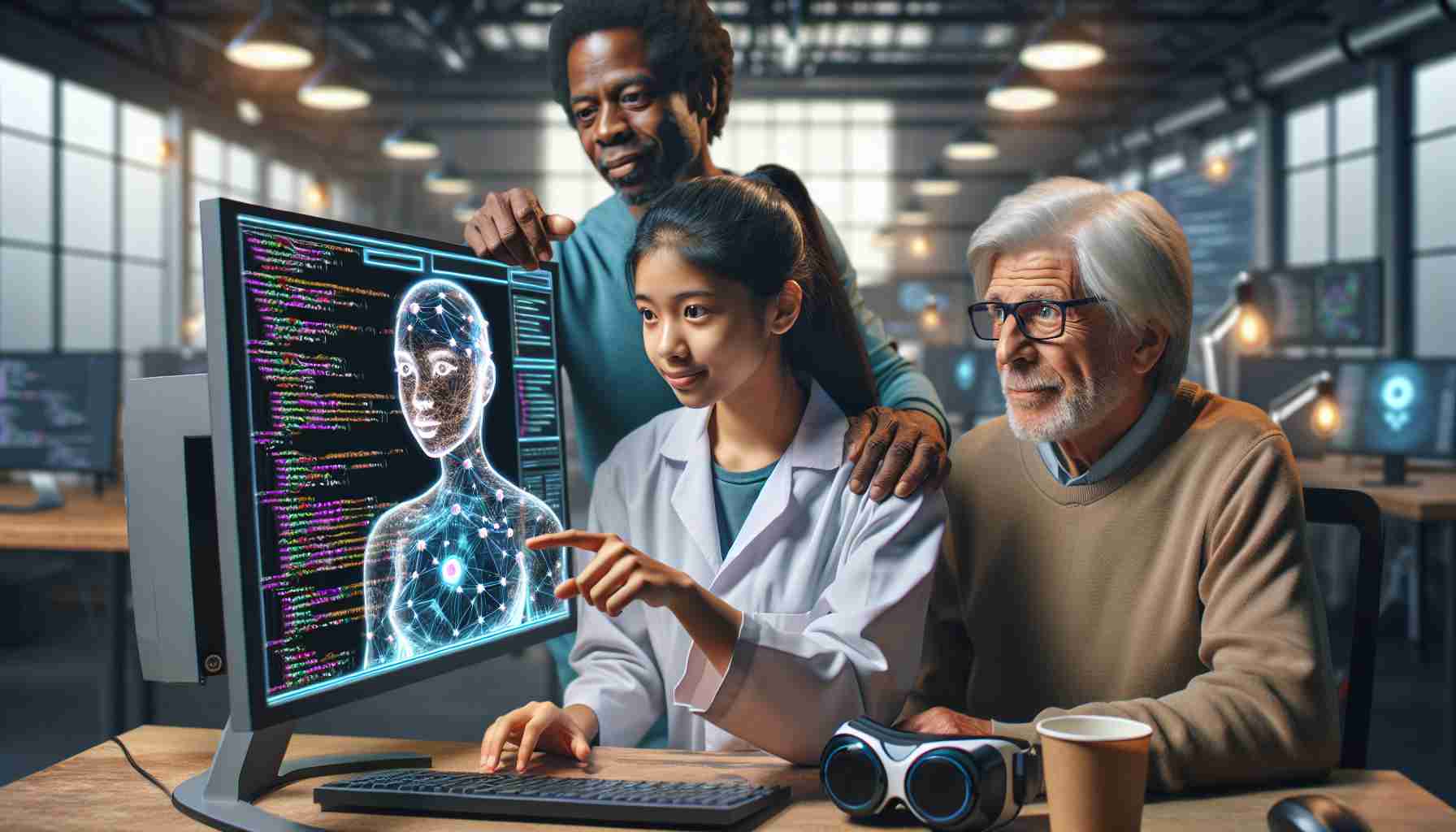The Remarkable Evolution of Artificial Intelligence
As the world witnesses the swift progression from the Covid-19 pandemic to the burgeoning era of artificial intelligence (AI), humanity finds itself at the cusp of an extraordinary technological shift. This pivotal change sparks conversations about AI’s potential to rival human emotion and consciousness.
Blurring Lines Between Humans and Their Technology
Interaction with technology has become so intertwined with daily life that it is increasingly challenging to differentiate between communicating with a human or an automated system. Smartphones are now extensions of ourselves, vehicles are started via apps, and personal affairs like bookings and communications often bypass human contact, managed instead through digital interfaces.
The Generational Tech Divide
For those born prior to the 1980s, technology was an adjunct to daily tasks, not an omnipresent force. This contrasts sharply with Millennials, Generation Z, and Alphas (those born after 1981), termed here as the AMaZing generation, who are deeply entrenched in technological advancements and operate within a digitally dominant ecosystem.
Generation Z: A New Work Ethic
The labor market post-Covid-19 spotlights Generation Z, the faction soon to influence workforce dynamics. Disenchanted with traditional career pathways, many prefer flexible short-term engagements over lifelong careers, challenging former generations’ notions of work.
Tech Meets Aging: A Paradigm Shift
Among the many impacts of technology, one area that elicits concern is its alignment with aging populations. The tech industry frequently overlooks older adults, pointing to a gap in the market. There’s a pressing need for adaptable and inclusive technologies that reflect the diverse cognitive capabilities across all ages. The soaring cost of cybercrime further exacerbates vulnerabilities, particularly for individuals over the age of 50.
In this era where humans and AI inch closer to convergence, it’s clear that adaptation and unity among generations are essential to harnessing the transformative power of technology for the benefit of all.
The Importance of Education and Reskilling across Generations
One of the most crucial aspects of embracing the AI revolution is education and reskilling. As AI continues to evolve, new jobs are created, and existing ones are transformed. It requires continuous learning and adaptation from workers of all ages. The question of how to effectively educate and train both current and future generations for the shifting demands of the job market is paramount. This challenge entails not just technical skills, but also fostering a mindset open to change and lifelong learning.
Ensuring Ethical Use of AI
Another significant question involves the ethical use of AI. How can we ensure AI respects privacy, reduces bias, and is used for the greater good? There are ongoing discussions and challenges surrounding the creation of ethical AI guidelines and the regulation of AI, particularly in areas such as facial recognition and decision-making algorithms.
Advantages of AI Integration
The advantages of AI integration are numerous. AI can perform tasks quickly and with high precision, reducing errors and improving efficiency. It can analyze vast amounts of data to uncover patterns invisible to the human eye, aiding in fields like healthcare, environmental science, and financial services. AI also enables automation, which can free up humans to focus on more creative and strategic tasks, potentially leading to more fulfilling work.
Disadvantages of AI Adoption
On the flip side, the disadvantages of AI adoption include potential job displacement as some roles become automated. There are concerns about privacy, as AI systems often require access to vast amounts of personal data. The lack of AI understanding among the general public may lead to mistrust and fear, which can impede its acceptance and utilization. Moreover, if AI systems are not designed inclusively, they can exacerbate existing social inequalities.
Key Challenges and Controversies
There are several key challenges and controversies in the AI revolution. Addressing the digital divide across different generations and ensuring equitable access to technology is one. There is also the issue of data security and the risk of AI being used for nefarious purposes. The potential for AI and automation to exacerbate unemployment or underemployment is a significant socio-economic concern. Furthermore, the question of how to imbue AI with ethical considerations and prevent algorithmic bias remains contentious.
It’s essential that organizations, policymakers, and individuals work collaboratively to address these challenges and harness the potential of AI to benefit society as a whole. Ensuring that AI innovation includes input from diverse groups of people from different age demographics can help mitigate biases and lead to more universally beneficial and acceptable technology solutions.
For more information and insights on the advancements and applications of AI technologies, you might explore the official websites of bodies like the IEEE (Institute of Electrical and Electronics Engineers) at IEEE, the Association for the Advancement of Artificial Intelligence at AAAI, or the AI Now Institute at AI Now Institute, which focus on AI research, ethical standards, and societal impacts.
The source of the article is from the blog maltemoney.com.br

